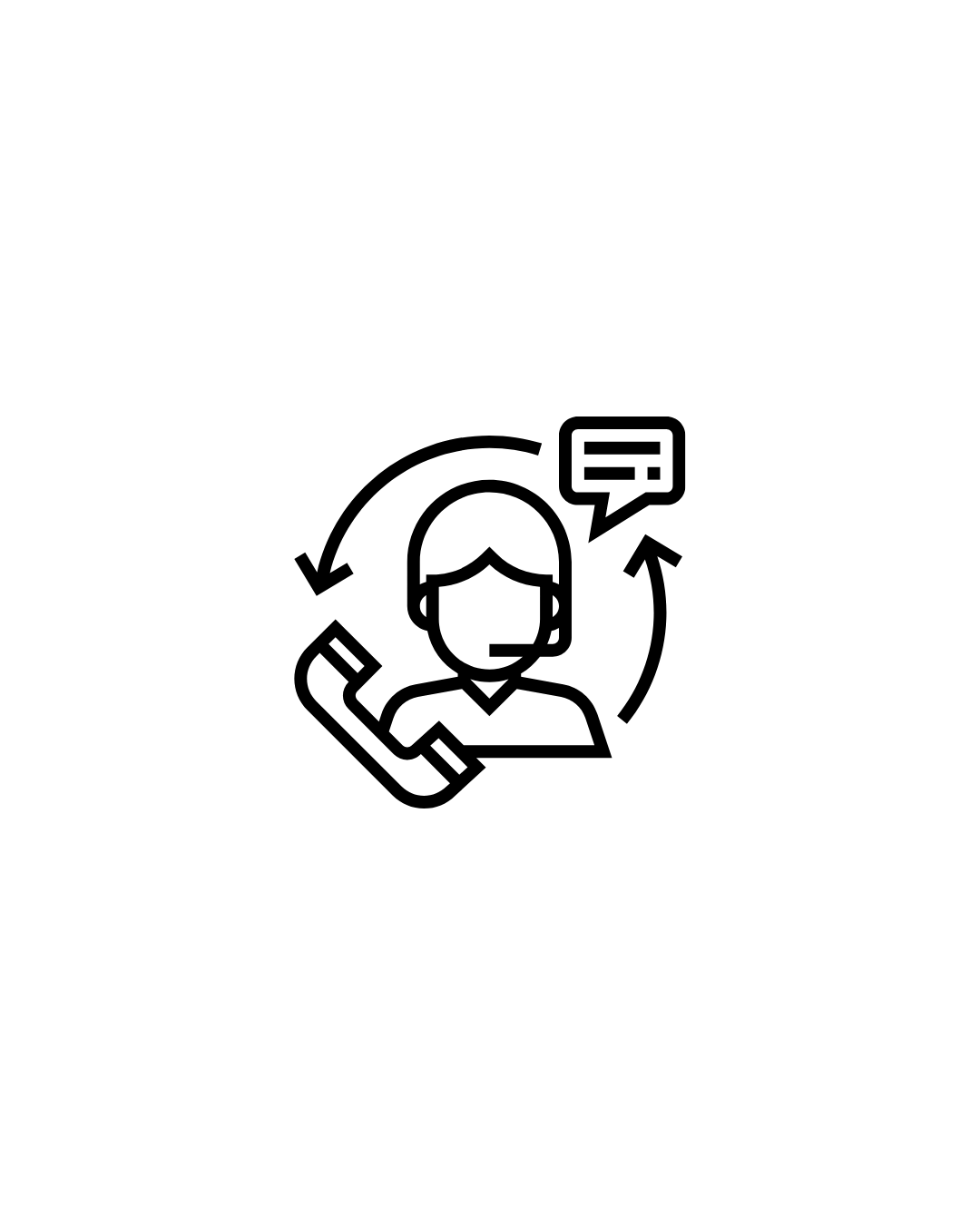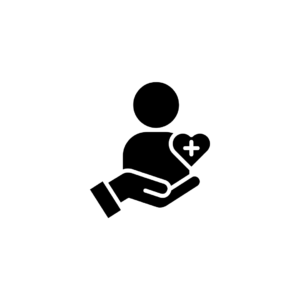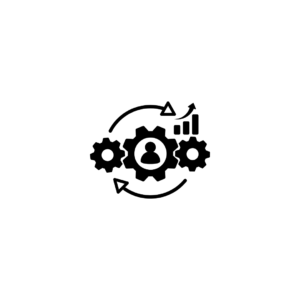Description
An Advanced Diploma in Medical Records & Health Information Technician prepares students for a critical role in the healthcare field, focusing on the management, organization, and protection of patient health information. This program combines theoretical learning with practical skills, equipping graduates to effectively handle medical records and ensure compliance with healthcare regulations.
Course Details:
Duration: Usually 1 to 2 years, depending on the institution and whether the program is offered full-time or part-time.
Eligibility: Generally requires a high school diploma or equivalent; previous coursework in health sciences or information technology can be beneficial.
Mode of Study: A blend of classroom instruction, hands-on laboratory work, and potentially clinical placements or internships.
Curriculum:
The curriculum for an Advanced Diploma in Medical Records & Health Information Technician typically includes the following key components:
1. Introduction to Health Information Management
Role of Health Information Technicians: Understanding the responsibilities and functions in managing patient health records.
Healthcare Systems Overview: Study of the structure and function of healthcare delivery systems and their impact on health information management.
2. Health Records Management
Patient Record Systems: Understanding types of health record systems (paper and electronic) and their organization.
Documentation Standards: Familiarity with standards and guidelines for health documentation and coding systems.
3. Medical Terminology
Health Vocabulary: Learning the language of medicine, including terms related to diseases, procedures, and anatomy.
Terminology Application: Applying medical terminology in health records and documentation.
4. Health Data Management
Data Collection and Analysis: Techniques for collecting, analyzing, and interpreting health data for various purposes.
Quality Assurance: Understanding the importance of data accuracy, privacy, and compliance with legal regulations.
5. Coding and Classification Systems
ICD and CPT Coding: Introduction to the International Classification of Diseases (ICD) and Current Procedural Terminology (CPT) coding systems used for billing and documentation.
Coding Practices: Techniques for coding medical diagnoses and procedures accurately.
6. Health Information Technology
Electronic Health Records (EHR): Understanding the technology behind EHR systems, their implementation, and usability.
Health Information Exchange: Knowledge of systems and processes for sharing health information among different healthcare providers.
7. Legal and Ethical Aspects of Health Information
Privacy Regulations: Overview of healthcare laws, including HIPAA (Health Insurance Portability and Accountability Act) and its impact on patient information management.
Ethical Considerations: Understanding ethical challenges in health information management and patient confidentiality.
8. Clinical Workflow and Operations
Workflow Processes: Study of how health information flows through various healthcare settings and the impact on patient care.
Interdepartmental Collaboration: Understanding the importance of collaboration among healthcare professionals to ensure effective information sharing.
9. Information Governance
Data Stewardship: Principles of managing data as a strategic asset within healthcare organizations.
Compliance and Risk Management: Strategies to ensure compliance with legal requirements and mitigate risks related to health information management.
10. Clinical Placements
Hands-On Experience: Opportunities for practical training in healthcare facilities, where students apply their skills in real-world settings under supervision.
Assessment:
Assessment methods may include:
Practical Skills Evaluations: Demonstrating competencies in health records management, coding, and data analysis.
Written Exams and Assignments: Testing theoretical understanding through quizzes, papers, and case studies.
Clinical Competency Assessments: Evaluations during clinical placements to assess hands-on skills and professional conduct.
Career Opportunities:
Graduates of an Advanced Diploma in Medical Records & Health Information Technician can pursue various roles, including:
Health Information Technician: Managing patient health records, ensuring accuracy, accessibility, and security.
Medical Coder: Specializing in coding diagnoses and procedures for billing and record-keeping.
Health Data Analyst: Analyzing health data to improve healthcare delivery and reporting.
Compliance Officer: Ensuring healthcare organizations adhere to regulatory standards and protect patient information.
This advanced diploma program equips students with essential skills and knowledge required to thrive in health information management, contributing to efficient healthcare delivery and patient care. If you have any further questions or would like more specific information about the program, feel free to ask!









